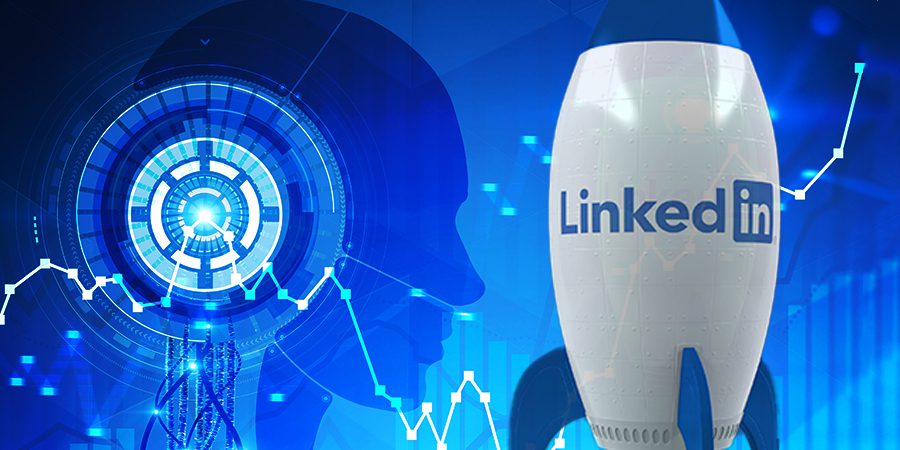Subscribe
"Unlock exclusive insights and elevate your financial wisdom with NetWorth.com — subscribe now to stay ahead in the wealth game!"

In this article, we’ll look at the reasons behind LinkedIn’s decision to expand its suite of artificial intelligence (AI) features, focusing on tools that will generate content for user profiles and job descriptions.
These new AI tools are designed to make the hiring process more efficient and help users improve the overall quality of their profiles.
Key Takeaways:
LinkedIn is launching AI-powered writing suggestions for users to enhance their profiles and for recruiters to create job descriptions.
The company is utilizing GPT-4 for personalized profiles and GPT-3.5 for job descriptions.
These AI tools are built on advanced GPT models and mark the latest step in LinkedIn’s ongoing effort to integrate AI and automation into its platform.
The AI-writing suggestions for profiles are initially available to Premium users. The AI tool scans user profiles for skills and experiences, then generates suggested copy for other profile sections.
The goal is to help users who struggle to create engaging overviews of their professional background by converting their listed experiences into a more fluid narrative.
Similarly, the AI tool for job descriptions assists recruiters in crafting more effective postings. Recruiters input basic information, such as job title and company name, and the AI tool generates a suggested description.
This streamlines the process, allowing hiring managers to focus on strategic aspects of recruitment while still having the option to review and edit the AI-generated content.
Despite the convenience of AI-generated content, LinkedIn emphasizes the importance of users reviewing and editing suggestions.
This ensures the content is accurate, aligns with the user’s tone and experience, and maintains their unique voice and style.
As AI-generated content is not always perfect, user review and customization are crucial steps in the process.
The introduction of AI-generated content in LinkedIn profiles and job postings raises ethical concerns.
The authenticity of a user’s profile may be called into question if the content has been generated by AI rather than the individual.
Currently, LinkedIn does not disclose when AI has played a role in creating content, potentially leading to misrepresentation or misunderstandings.
Moreover, the ethical implications of using AI in recruitment extend to concerns about fairness and transparency.
Users should be aware of the role AI plays in generating content and consider how it may impact their professional representation.
LinkedIn’s AI-powered writing suggestions offer innovative ways to enhance profiles and streamline job postings.
However, users should remain cautious and review the AI-generated content to ensure its accuracy and alignment with their unique experiences.
As AI continues to revolutionize the recruitment landscape, ethical considerations must be taken into account to ensure a fair and transparent process for all users.